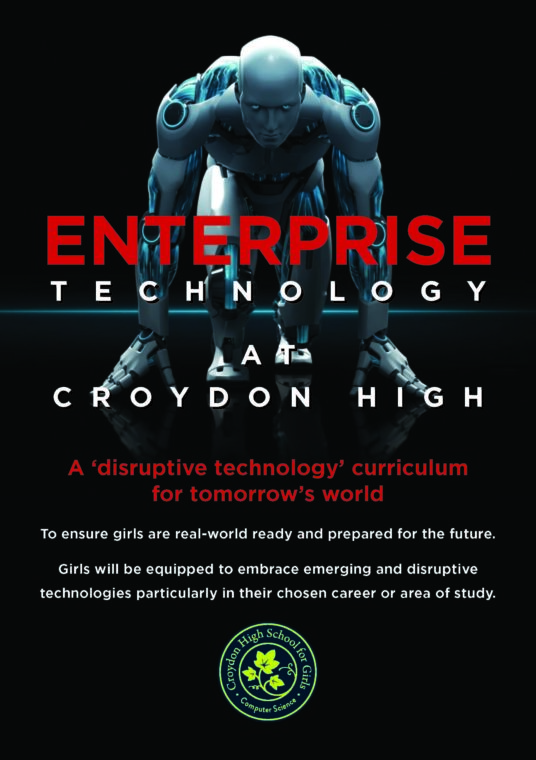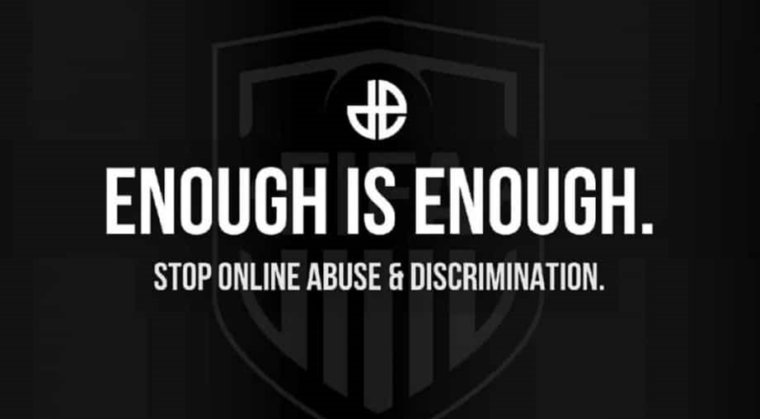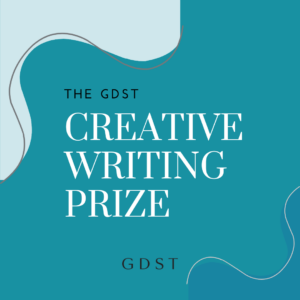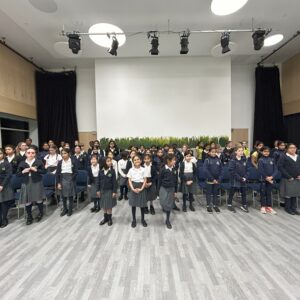News & Events
Leadership Likes: Dr Purvis

Let us not drift apart the more connected we become!
For the last year or so, I have witnessed—first hand—some of the benefits and the drawbacks that hang firmly onto the ‘coattails’ of social media, and the connectivity and exposure it enables.
Amidst the uncertainty in the early days of the global pandemic—and faced with the need to award GCSE and A level grades in the absence of the usual public examinations—I began regularly tweeting my thoughts and responses to the many educational challenges we were facing.
Social media is great; I am a big fan. It allows me to keep engaged with debates and issues surrounding education from the relative comfort of my smart phone. It also allows me to connect with people who would usually be out of reach, and it gives me a ‘voice’—albeit one which only speaks 240 characters at a time—that I would not have found without it. Ordinarily, I never court publicity. Indeed, I usually do everything I can to stay on the side-lines! But I felt in 2020, and continue to feel today, that the challenges posed by COVID to the awarding of GCSEs and A levels, amongst other issues, are too important for us to remain silent on.
One of the rather unexpected consequences of putting myself ‘out there’ on these issues, however, was the attention I received in return. I found myself being quoted in The Telegraph, my picture stared out at me from the front page of the Croydon Advertiser, and my thoughts on Teacher-Assessed Grades made it, more recently, into the Times Education Supplement.
In comparison to those in the public eye, the exposure I have had is thankfully, Lilliputian. And yet, I was not immune to the darker underbelly of the social media behemoth. The nature of the backlash I received does not bear repetition here. Suffice it for now at least, to say that it was both uninvited and unwelcome.
It seems to me that the sort of connectivity that social media provides has encouraged a divisive form of emotional tribalism in which, all too frequently, compromise, reason, civil debate, and disagreement is outranked by partisanship and an all-to-visceral anger. There is nothing wrong with disagreement and partisanship, per se; indeed, in democracies it is necessary and maybe even desirable. Nonetheless, if partisanship morphs into tribalism—as it so often does on social media—the very compromise, civility, and reason on which democratic society rests becomes unachievable. Last week, several Football clubs, players, athletes and a number of sporting bodies staged a four-day boycott of social media to draw attention to the prevalence of abuse online in the hope that those who oversee these platforms would do more to regulate their users.
The swift and heightened nature of much of the digital communication through Twitter and other platforms like it, does little to improve, fundamentally, our understanding of the views which are different to our own. Yes, Twitter gives us unfettered access to those who share our views thanks to the algorithms upon which it relies. At the same time, though, it gives us easy access to those who think and feel differently from ourselves. Importantly, it does this in such a way that feels like an alternative reality in which we may say things virtually, that we would not say in ‘real life’.
It would be wrong to declare that this is all the fault of ‘Big Tech’ companies or the technology itself since much of this speaks to human weaknesses rather than technological ones. But, as Jamie Bartlett, in the excellent book People Vs Tech (2018) notes: technology has ‘turbo charged’ these human weaknesses turning them into a structural feature of the way we engage with each other.
 Of course, not all technology or the use of it, is malevolent. Indeed, at Croydon High School, we know the positive capacities of technology and the connectivity it brings. Under the umbrella of ‘Enterprise Technology’, we are especially keen to exploit the progressive educational possibilities of disruptive technologies to give our pupils the sorts of employability skills they will need in their futures. More prosaically, perhaps, but no less importantly, our reliance on the Google Classroom platform for our Guided Home Learning offer throughout the pandemic also revealed the many benefits of technological connections when physical ones were prohibited. Some of these benefits have been so revolutionary for teaching and learning, we will be looking to keep them when—hopefully—the pandemic is behind us.
Of course, not all technology or the use of it, is malevolent. Indeed, at Croydon High School, we know the positive capacities of technology and the connectivity it brings. Under the umbrella of ‘Enterprise Technology’, we are especially keen to exploit the progressive educational possibilities of disruptive technologies to give our pupils the sorts of employability skills they will need in their futures. More prosaically, perhaps, but no less importantly, our reliance on the Google Classroom platform for our Guided Home Learning offer throughout the pandemic also revealed the many benefits of technological connections when physical ones were prohibited. Some of these benefits have been so revolutionary for teaching and learning, we will be looking to keep them when—hopefully—the pandemic is behind us.
It has been such a privilege to be back on the school campus with our pupils every day since early March; they are, simply, awe inspiring. They have faced the many challenges to their learning provided by the pandemic with such positivity and agility. Even more awe inspiring—I proffer—is the way that they navigate growing up, in the sometimes-harsh and unforgiving glare of the social media age.
Against this backdrop, I will continue to do everything I can with the privilege of the platform that I am given, to advocate for them, just as each one of the teachers in our community would. The more connected society becomes, though, the more that we—teachers, parents, and guardians alike—have a responsibility to show our fantastic pupils how to resist the urge to drift further apart into tribalism. If that means compromise, then so be it.
Dr Philip Purvis
Deputy Head (Academic)

More news
Awards and Celebration
GDST Creative Writing Year 12 & 13 – highly commended
Co-curricular



